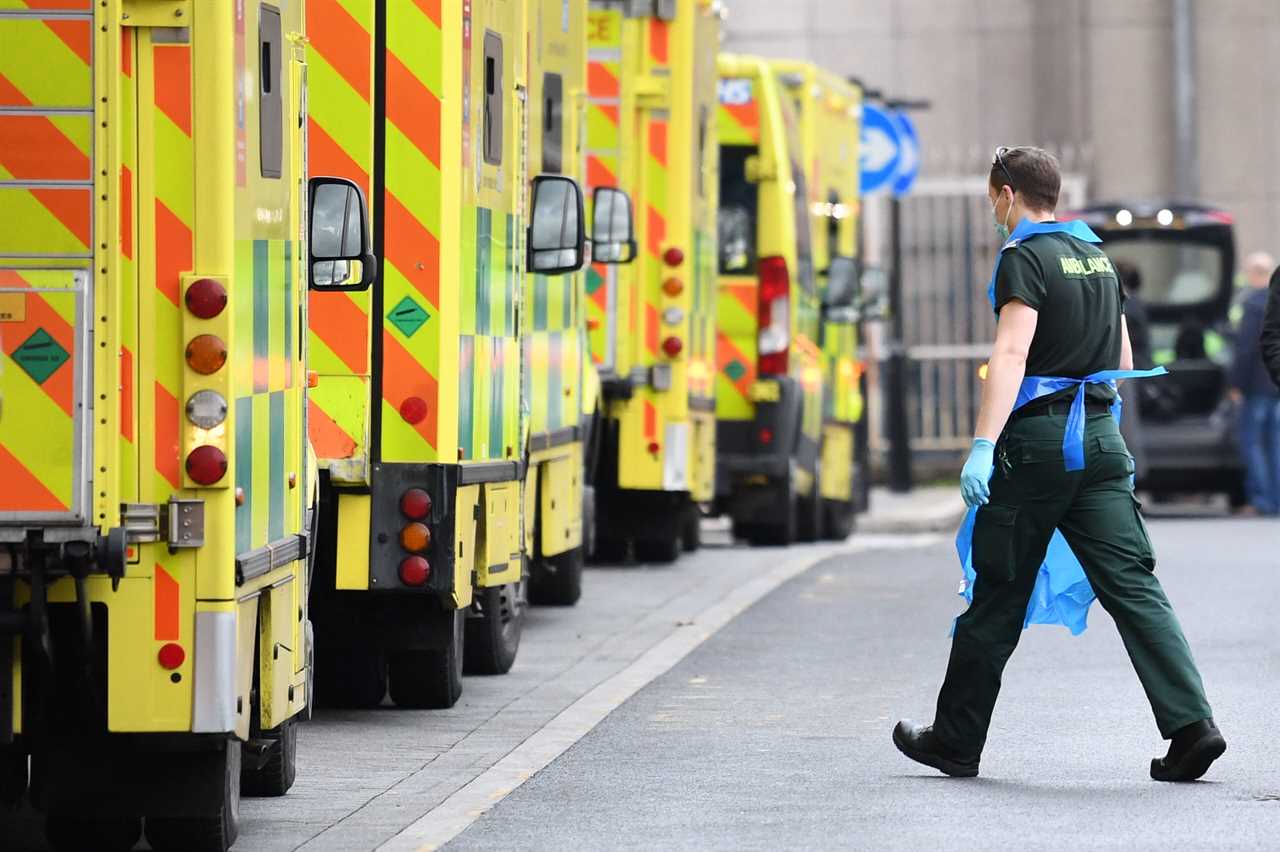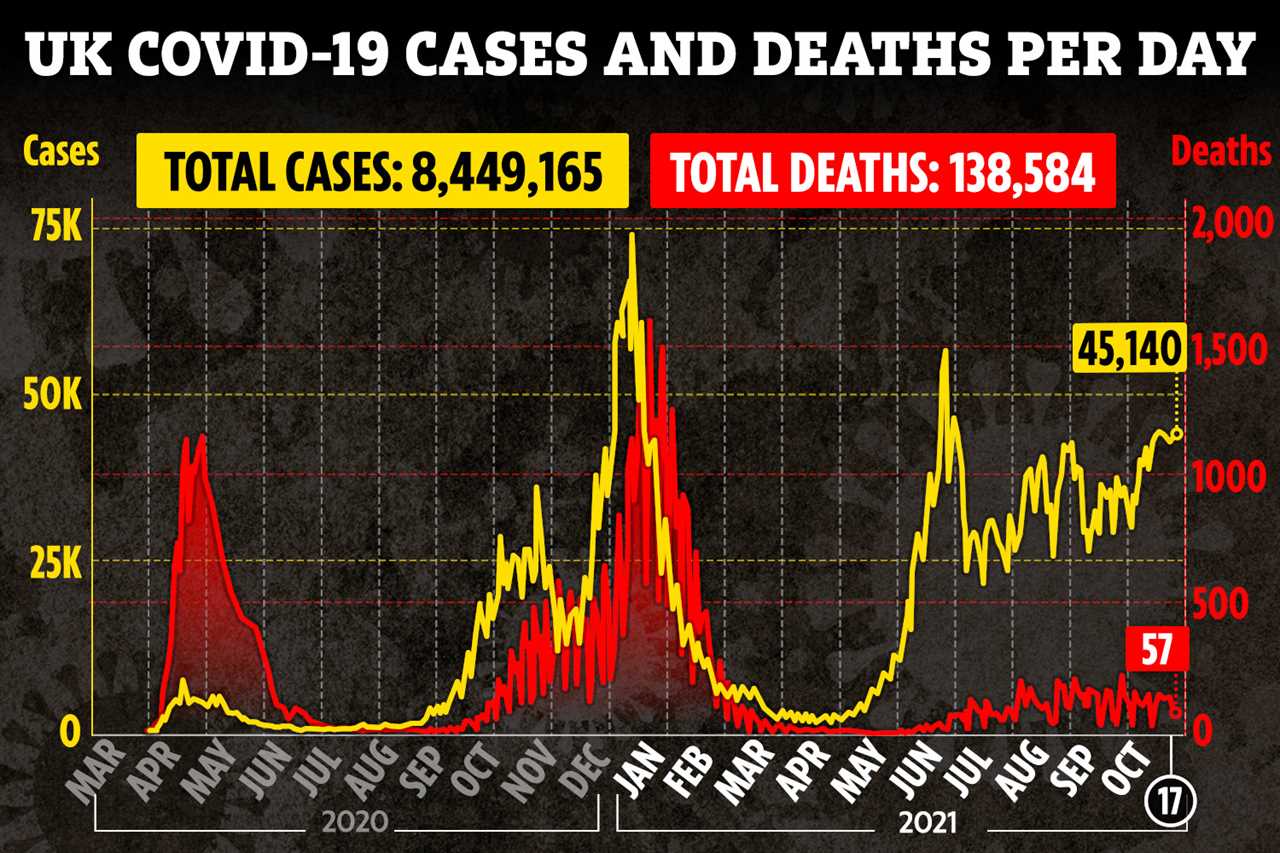AN NHS trust has been forced to call the military in due to staff shortages, it has been revealed.
NHS Grampian is the latest health board in Scotland to ask for assistance as it buckles under the pressure from the Covid-19 pandemic.

Health chiefs in the area have said they are ‘really worried’ about how the trust will cope over the winter months.
Head of health intelligence at NHS Grampian, Jillian Evans today told BBC Scotland that cases were ‘stubbornly high’.
Scotland currently has around 2,666 new coronavirus cases each day, data from the government dashboard states.
When it comes to healthcare in Scotland, 86 patients are believed to be being admitted to hospital each day with the virus.
Ms Evans said that over 100 people a day are dying from the virus in Scotland.
She said: “That is not something that I find acceptable, my own area in particular the number of people being admitted to hospital is increasing.
“That figure is counter to falling case rates, which mates me think we aren’t detecting and are underestimating the number of people with the virus.”
The request from Grampian comes after it was revealed that Lanarkshire and the Borders would also receive military help.
The health board in Grampian is said to have made a request to the military and is awaiting its response.
The trust is also set to interview up to 160 student nurses in the coming days as it prepares for winter.
There is currently a staff shortage due to Covid and people on annual leave.
In an online update to staff, chiefs said they wanted to recruit more nurses to add to the staff bank and to improve cover in acute and community sites, the BBC reported.
In order to free up more hospital beds Aberdeen and Aberdeenshire councils have been providing transport to take patients home.
‘NOT OUT OF THE WOODS’
Ms Evans said while cases may have dropped in Scotland since last month, rates still aren’t acceptable.
She added “We aren’t out of the woods yet – figures are stubbornly high and are plateauing which I think is unacceptable.”
When it comes to vaccines in Scotland, 4.2 million people have had a first dose, with 3.8 million also having had a second.
But experts fear that the booster programme, which sees the most vulnerable get a third shot, is moving too slow.
It could spell trouble for hospitalisation and death rates, putting pressure on ministers to impose restrictions yet again.
Duncan Robertson, of Warwick University, says that delays will have to be “resolved immediately” to avoid unnecessary pressures on the NHS.
“Booster vaccinations are there to prevent hospitalisations and ultimately to save lives. Delays matter,” he told The Times.
Azeem Majeed, professor of primary care at Imperial College London, said a lower uptake of third doses was “inevitable”, adding: “People were initially told that two doses were enough. They were in lockdown, and the vaccine was their ticket out of it.”







